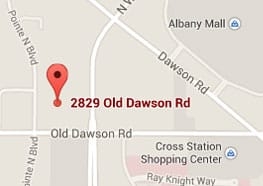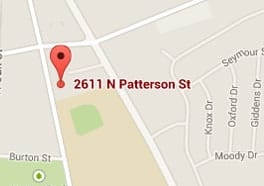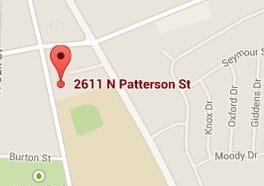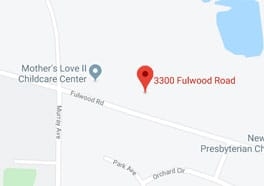A challenge to a non-compete may be successful if these three requirements are not met.
A recent case involving a former Amazon executive is questioning the scope of non-compete agreements. Amazon is suing the former employee, claiming he was in violation of a non-compete agreement when he accepted a position with Target as a Chief Supply Chain and Logistics Officer. His position description with Target, according to an article by Reuters, includes increasing the effectiveness of the company’s ability to move and ship goods to customers. Amazon argues that the position will result in the sharing of trade secrets gained during the former exec’s employment as president of operations at Amazon.
Such agreements are not uncommon. Employers across the country often include these provisions within employment contracts and may request employees sign updated agreements during employment. In order to be enforced, these documents must meet certain requirements. These requirements often vary depending on state law. As a result, it is wise for employers and business leaders to have a basic understanding of the requirements for these agreements in their state.
Non-compete clauses and Georgia law
Non-compete clauses are generally designed to protect an employer’s trade secrets. Georgia state law generally supports these documents, as long as they meet the following three requirements:
- Consideration . In order to be valid, these agreements must be supported by consideration. Consideration is a legal term used to denote that the employee received something of value in return for his or her agreement to abide by the contract. This can take the form of the employment opportunity itself or a raise in salary. However, a promise of continued employment is generally not sufficient. As a result, employers must tread carefully when updating these agreements for current employees.
- Business interest . The provision must be structured to protect an actual business interest. Examples include trade secrets and proprietary information.
- Reasonable . The agreement must be reasonable in the amount of time and geographic area it covers, as well as the scope of activities.
Any provisions that do not follow Georgia law are considered unlawful. As a result, the provision would not likely withstand a court challenge. However, the law does provide that courts may modify any existing covenants that are found to be "void and unenforceable". This is often referred to as a "blue pencil" rule of severability. It allows for courts to adjust the provision, removing the unenforceable portions and allowing the court to enforce what remains.
Drafting and enforcing non-compete agreements
Businesses that are considering using a non-compete agreement are wise to seek legal counsel. An experienced business law attorney can aid in drafting a non-compete agreement that meets your business needs and stands up to a legal challenge.

































